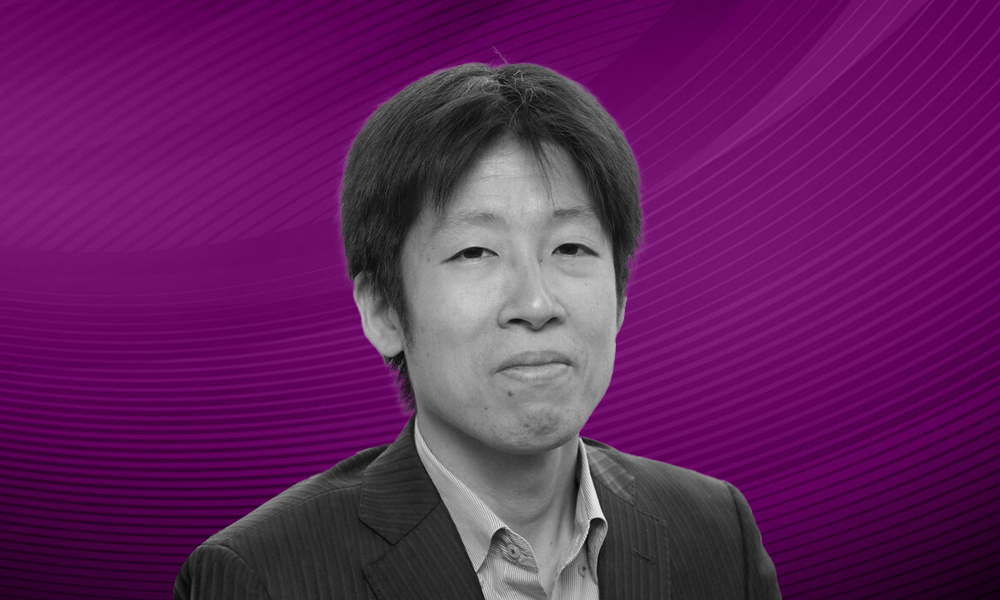Bain Capital is among the raft of global private equity participants looking to increase their deployment in Japan amid rising demand for its rich dealflow and stellar returns.
The Boston-headquartered firm’s investment pacing in the market has significantly increased in recent years, Tokyo-based partner Naofumi Nishi tells Private Equity International.
“Before 2015, we actually did one deal per year or one deal every two years… but for last couple of years, we actually did at least three or four deals per year,” he says. “The investment speed has actually accelerated over the last couple of years because of the market expansion and also because of more acceptance toward private equity funds from Japanese corporates.”
Bain had a busy start to 2025. January saw the firm take aircraft cabin equipment maker Jamco private in a $634 million transaction. The following month it did a carve-out of Mitsubishi Tanabe Pharma Corporation for $3.3 billion before agreeing to acquire Seven & I’s supermarket store assets for approximately $5.4 billion in March, as PEI noted in our April Japan Report.
“Last year, we were already very busy, we did five deals last year. Having said that, this year – at least until now – is busier than last year with tons of dealflows,” Nishi says. “Our understanding is LPs are very, very interested in exposure to Japan… LPs [who] wanted to have exposure to China investments in the past – that appetite is actually shifting from China to Japan.”
Japan-focused funds raised $8.6 billion in 2024 – just behind a record $10.42 billion in 2020, according to PEI data. Rising appetites and a weaker yen have made it difficult for some international LPs to access their preferred Japan funds.
Bain invests in Japan through multiple funds. The firm closed its Bain Capital Japan Middle Market Fund on ¥110.1 billion ($748 million; €669 million) in March 2021, according to PEI data. About half of Bain’s pan-regional Asia Fund V – which closed on $7.1 billion in November 2023 – is understood to be invested in Japan-based assets. It is seeking $7 billion for a successor, according to PEI data.
Nishi declined to comment on fundraising plans and Bain’s regional exposure.
Steep competition
Interest in Japan is driven in part by the market’s rich dealflow, catalysed by Tokyo Stock Exchange reforms, corporate restructurings and a burgeoning pool of business succession opportunities.
Competition has increased accordingly. This is perhaps best illustrated by a tussle between KKR and Bain for software integration business Fuji Soft earlier this year, which KKR ultimately won following a $4 billion offer.
“The landscape is slightly different between the large equity cheque opportunities and mid-size opportunities,” says Nishi. “Having said that, both are very hot I would say.”
According to Bain & Co’s Asia-Pacific Private Equity Report 2024, Japan was the only market in APAC that saw an increase in deal value in 2023, climbing 83 percent from $24 billion in 2022 to $44 billion in 2023. After a spotlight year, Japan deal value halved to $22 billion last year, though this is still around its 2019-23 average, per Bain & Co’s latest report.
Dealmaking in Japan is not without potential challenges. Revisions to a proposed regulatory change concerning Japanese take privates last month could raise the prices of such transactions, PEI noted at the time. Striking a deal in the market may also require careful navigation of local culture and business customs.
A taste for private
Firms such as KKR have said Japan is generating their strongest returns globally, having won Exit of the Year in Asia-Pacific two years running for partial exits from Kokusai Electric.
Though IPOs have been popular exit routes in the past, a 2023 update to Tokyo Stock Exchange listing requirements has prompted some portfolio companies and their managers to look more closely at strategic buyers.
Japan saw 87 IPOs and 97 de-listings in 2024, marking the first time this market saw a net loss of publicly listed companies, Carlyle’s Japan co-head Kazuhiro Yamada told PEI in April.
“[Whether it’s] the corporate reforms or the reforms of Tokyo Stock Exchange, or the potential pressure from activists, corporates are becoming aware of the risks of staying public,” Yamada said at the time. “Some companies who used to be very interested in making the company public are now changing their mindset to staying private.”
Bain’s Nishi says that this does not rule out public market exits. Rather, it will serve to diversify exit routes, with some corporates still very interested in going public again after a take private, he adds.
“Ten years ago, our typical exit path was IPO,” Nishi says. “However, now, I would say its 50-50 between IPO and strategic sale.”


AloJapan.com